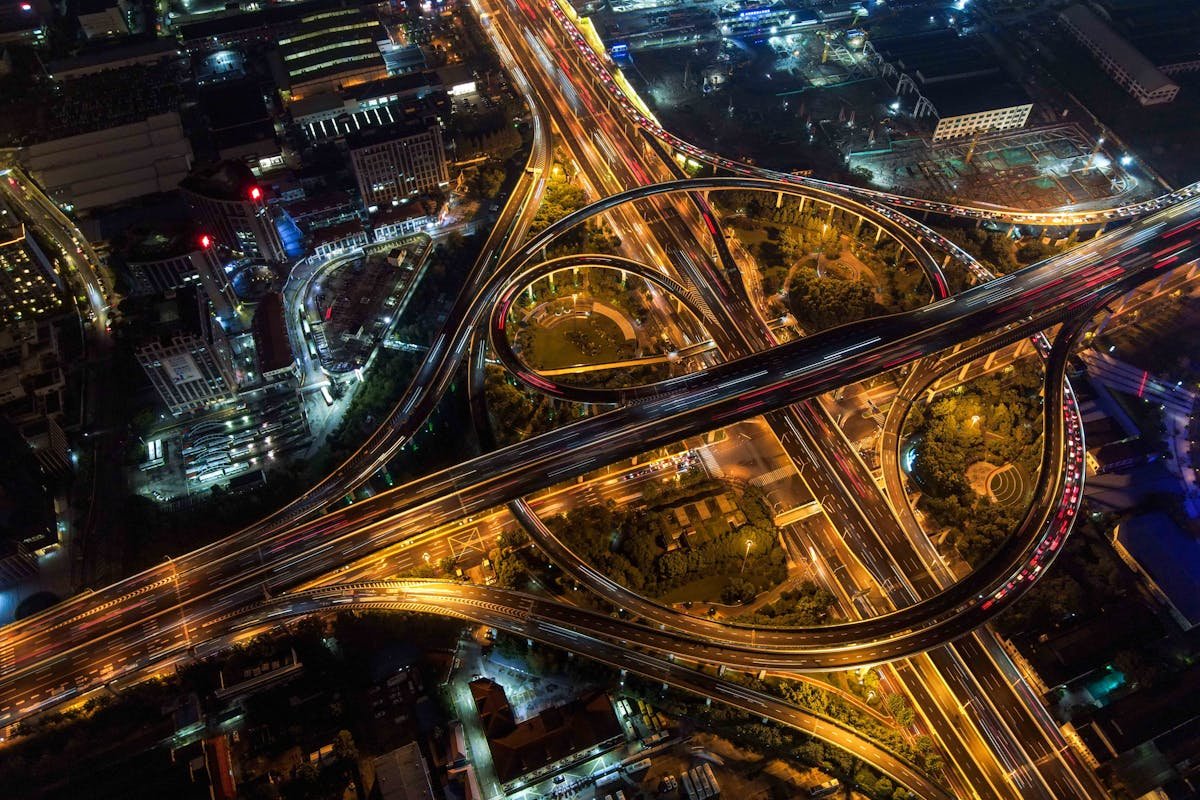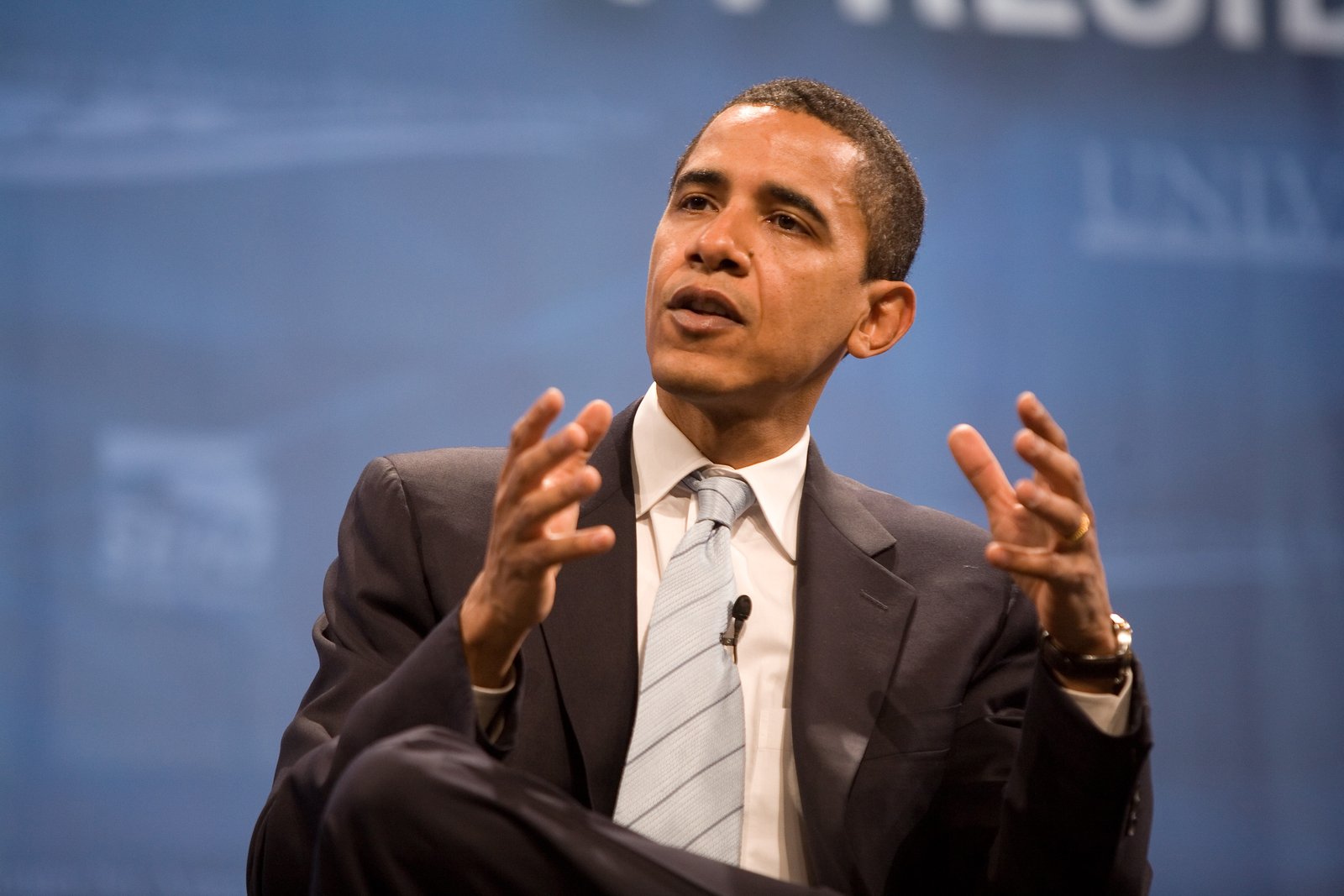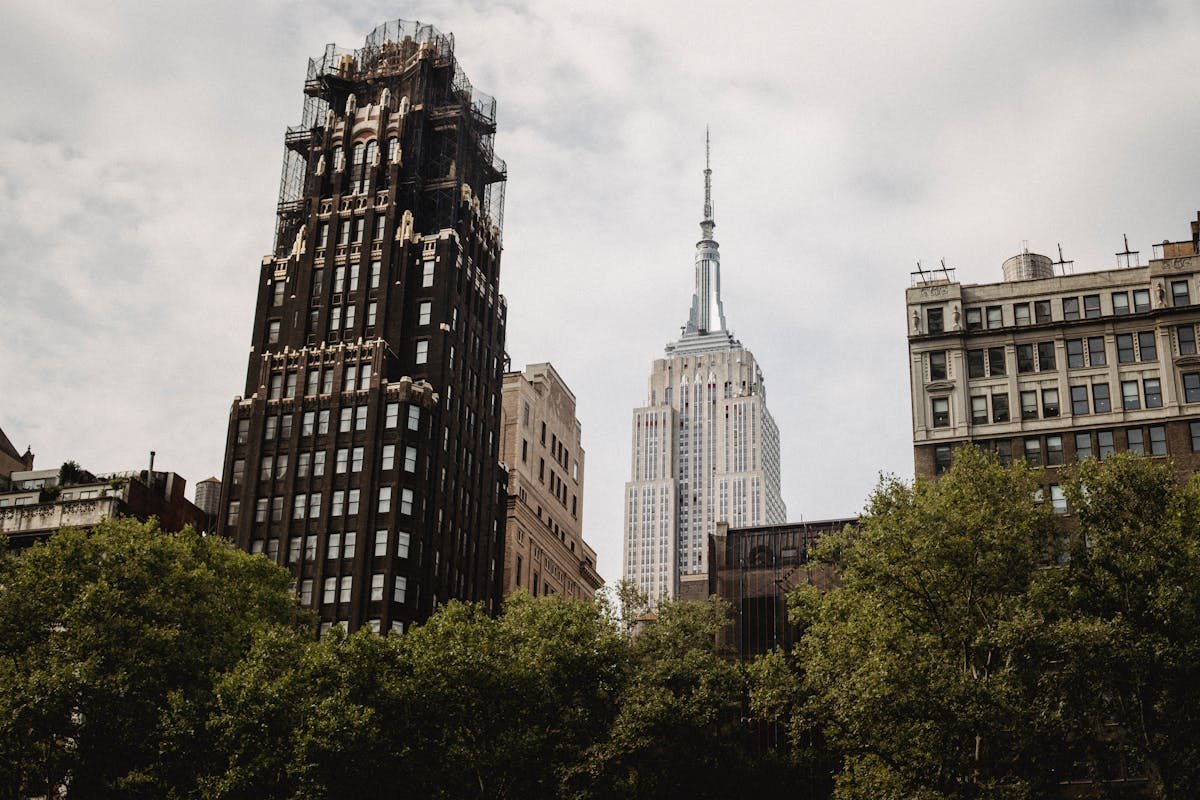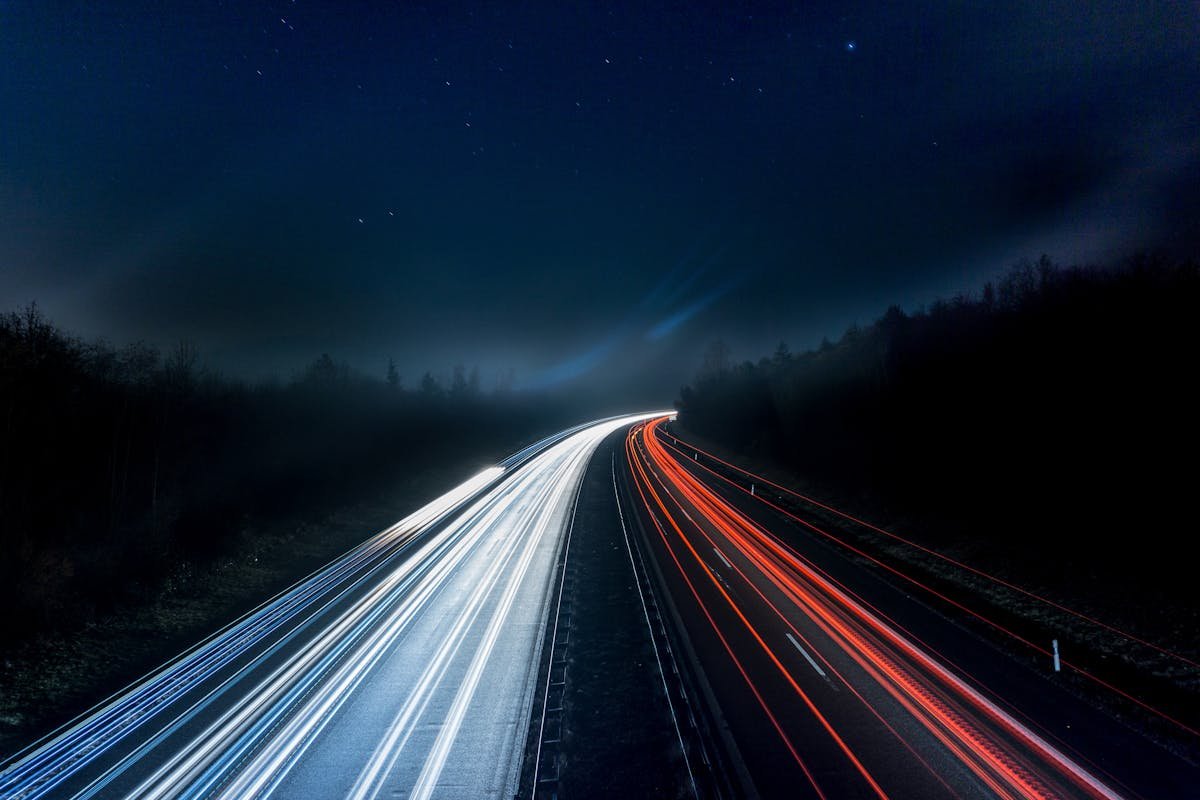Smart Cities or Digital Prisons? Why the Tech Utopia Dream Might Be a Surveillance Nightmare in 2025
Transportation & Urban Development / Date: 05-21-2025

Let’s not sugarcoat it—your city might be watching you more than you think. From facial recognition cameras on every corner to sensors tracking your garbage habits (yes, even that), the buzzword “smart city” is starting to feel more like a tech-powered cage. This piece dives into the real cost of digitizing urban life. We’ll unpack the myth of efficiency, expose what city planners won’t admit, and look at how some cities got it very, very wrong. Then, of course, we’ll talk about how to fix this mess—without tossing our phones in the river.
The Efficiency Myth: Why “Smart” Doesn’t Always Mean Better

Here's what we’re told: smart cities save energy, reduce traffic, improve policing, and boost quality of life. Sounds good, right? But what if I told you that much of this promise is based on fragile assumptions and poorly tested tech?
A 2024 McKinsey sub-study found that while smart traffic systems reduced congestion by 18% in Singapore, the same implementation in Philadelphia made zero measurable impact. Why? Context. Philadelphia didn’t have enough data infrastructure to support real-time updates—basically, they built the cockpit without the plane.
And let’s talk about policing. Predictive policing algorithms sound like Minority Report turned real—but they rely on historical crime data that’s often biased and incomplete. A 2025 University of Toronto paper revealed that certain AI policing tools flagged low-income Black neighborhoods at 7x the rate of wealthier, whiter areas—even when actual crime rates didn’t support it.
Here’s the kicker: once this data is collected, it doesn’t go away. Your city’s “smart” trash bin may remember the day you didn’t recycle. Forever.
Shenzhen’s Surveillance Dystopia: What Really Happened
Shenzhen is frequently hailed as an innovator in smart city technology. It features facial recognition-powered payments, AI traffic lights, and a social credit system that would make George Orwell shiver. However, there is a darker reality hidden beneath the glitzy movies and tech demonstrations.
In 2024, a former Huawei engineer—speaking anonymously at the DEF CON cybersecurity conference—claimed the city’s surveillance architecture was “fully weaponized against dissent.” Translation? Speak out, and your movements, purchases, and even social connections can be digitally throttled. That’s not innovation. That’s authoritarianism with a touchscreen.
Let’s get personal: Zhang Wei (name changed), a freelance journalist, had his internet speed throttled for weeks after attending a protest against housing demolitions. He never received formal charges. But the “smart” grid marked his phone number, blocked his transit card for 48 hours, and delayed his bank transfers. No one officially confirmed it—because they didn’t need to. The system spoke for itself.
Meanwhile, tourists marvel at the city’s efficiency, totally unaware that every step they take is logged, analyzed, and stored indefinitely. Creepy? You bet.
What Smart Cities Should Be Doing Instead (And Why Most Aren’t)
So… is all tech evil? Nah. But here’s what cities should be prioritizing—and usually don’t.
1. Data Minimalism, Not Maximalism
Don't gather more, but less. Is biometric information truly required to enter a public park? Blockchain voting techniques are used by Barcelona's "Decidim" platform to gather public opinion without linking votes to individual identities. That is democracy that prioritizes privacy.
2. Transparent Algorithms
Right now, most algorithms running city systems are black boxes. You can’t audit them. You can’t challenge them. That’s gotta change. In Amsterdam, residents can view the source code of some municipal algorithms. Imagine if your parking ticket came with a link to the logic behind it. Accountability, anyone?
3. Human Oversight
Let’s be real—automated systems still screw up. Whether it's misidentifying faces or sending fire trucks to the wrong neighborhood, these tools need human override switches. Seoul learned this the hard way in 2025 when its emergency AI sent ambulances to three wrong locations in one day due to a software patch error.
"Green" Cities and Convenience's Hidden Cost
Here’s a twist: some of the most eco-friendly cities are also the most invasive. Take Oslo. By 2030, the city wants to be carbon neutral. Fantastic. But the way it's doing it? Smart meters in every home, mandatory EV tracking, and even behavioral nudges sent via app notifications (“Did you forget to unplug your charger again?”).
Sure, it’s for the planet—but at what cost? When your thermostat, car, and toilet (yes, they’re working on that too) are all part of the grid, there’s no off-switch. Privacy becomes the price of sustainability.
At CES 2025, a Samsung engineer casually mentioned in a panel that “data from connected appliances helps model social compliance patterns.” Translation? Your dishwasher is tattling on you.
Follow Us
Newsletter
Subscribe to our newsletter to stay updated with our latest news and offers.
We respect your privacy.Trending










